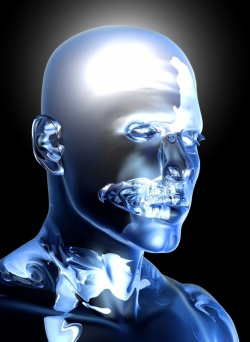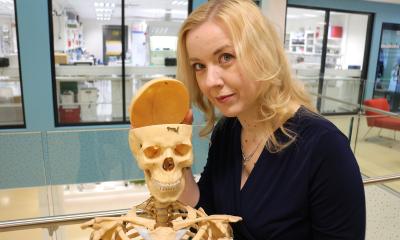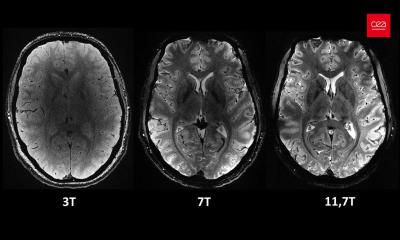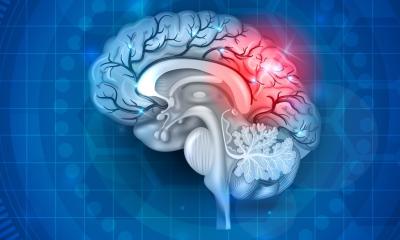Avoidance strategy
Our brains detect disease in others even before it breaks out
The human brain is much better than previously thought at discovering and avoiding disease, a new study led by researchers at Karolinska Institutet in Sweden reports. Our sense of vision and smell alone are enough to make us aware that someone has a disease even before it breaks out. And not only aware - we also act upon the information and avoid sick people.

The human immune system is effective at combating disease, but since it entails a great deal of energy expenditure disease avoidance should be part of our survival instinct. A new study now shows that this is indeed the case: the human brain is better than previously thought at discovering early-stage disease in others. Moreover, we also have a tendency to act upon the signals by liking infected people less than healthy ones. "The study shows us that the human brain is actually very good at discovering this and that this discovery motivates avoidance behaviour," says principal investigator Professor Mats Olsson at Karolinska Institutet's Department of Clinical Neuroscience.
By injecting harmless sections of bacteria, the researchers activated the immune response in participants, who developed the classic symptoms of disease - tiredness, pain and fever - for a few hours, during which time smell samples were taken from them and they were photographed and filmed. The injected substance then disappeared from their bodies and with it the symptoms. Another group of participants were then exposed to these smells and images as well as those of healthy controls, and asked to rate how much they liked the people, while their brain activities were measured in an MR scanner. They were then asked to state, just by looking at the photographs, which of the participants looked sick, which they considered attractive and which they might consider socialising with.
"Our study shows a significant difference in how people tend to prefer and be more willing to socialise with healthy people than those who are sick and whose immune system we artificially activated," says Professor Olsson. "We can also see that the brain is good at adding weak signals from multiple senses relating to a person's state of health". This he sees as biological confirmation of the argument that survival naturally entails avoiding infection. "Common sense tells us that there should be a basic behavioural repertoire that assists the immune system. Avoidance, however, does not necessarily apply if you have a close relationship with the person who is ill," says Professor Olsson. "For instance, there are few people other than your children who you'd kiss when they have a runny nose. In other words, a disease signal can enhance caring behaviour in close relationships. With this study, we demonstrate that the brain is more sensitive to those signals than we once thought."
Source: Karolinska Institutet
29.05.2017







